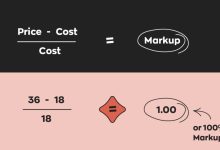For those running interest-based cross-border e-commerce—like Shopify trending product stores or standalone e-commerce stores—tools for product research are essential. Today, we introduce ADSPY.

If you work with Facebook ads, you’re probably familiar with this tool. ADSPY is not only a product research tool but also a valuable resource for ad creatives and copywriting ideas. With ADSPY, you can find trending products and discover high-performing ad copy from its extensive library—especially useful for counterfeit products.
High-quality tools don’t come cheap. ADSPY’s official price is $149/month, which is costly for startups. However, you can rent API access through special channels at a fraction of the cost—as low as $14.9/month—with unlimited queries and full features. This is fundamentally different from the common “limited version” available on the market.
Why Not Use the Limited Version of ADSPY?
-
Outdated Data – Many data points are historical and do not reflect the latest ads.
-
Incomplete Metrics – Core metrics are often missing, making analysis unreliable.
This guide focuses solely on using ADSPY for replica standalone stores, keeping it straightforward and practical. We skip basic functions that are obvious on the tool itself and go straight to actionable strategies.
1) Keywords
Core keywords shouldn’t be pure brand names, as results will be too broad. Use sequences or models instead, for example:
-
rolex submariner -
lv neverfull -
chanel malaysia -
nike air
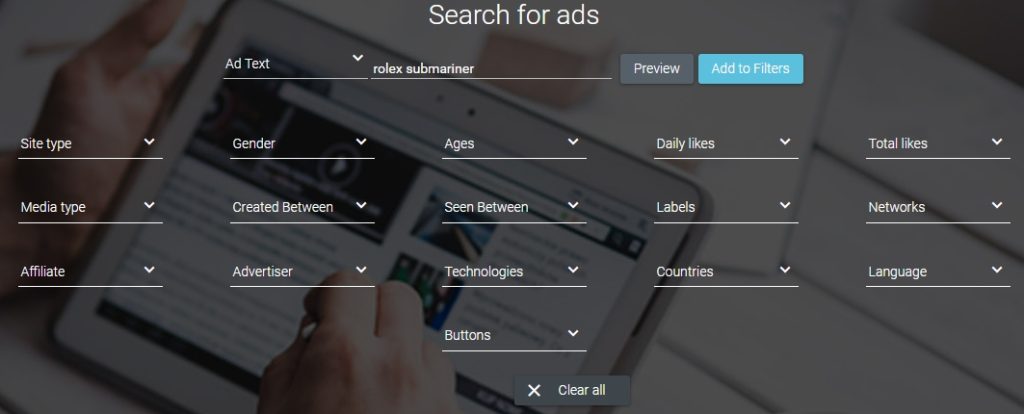
This helps quickly locate similar products.

2) Filter Settings
ADSPY allows filtering by gender, age, likes, country, language, and more.
-
Weak filtering works best: Unless your target market is very specific (e.g., only Middle East), avoid excessive filters. Over-filtering may remove high-quality ad copy.
-
Recommended filters for broad targeting:
Media type,Gender,Site type. -
If targeting a specific country, set the
Countriesfilter appropriately.

3) Sorting by Likes
Likes are a key metric for evaluating ad performance. Sort descending to see popular ads.
-
Be cautious: sorting purely by Likes may show old ads, which may not be relevant—especially for fast-fashion replica items.
-
Balance Likes and ad date for more accurate insights.
-
In the replica niche, many ads are for classic products, so slightly older ads can still be valuable references. Unlike general e-commerce, these products don’t update as rapidly.
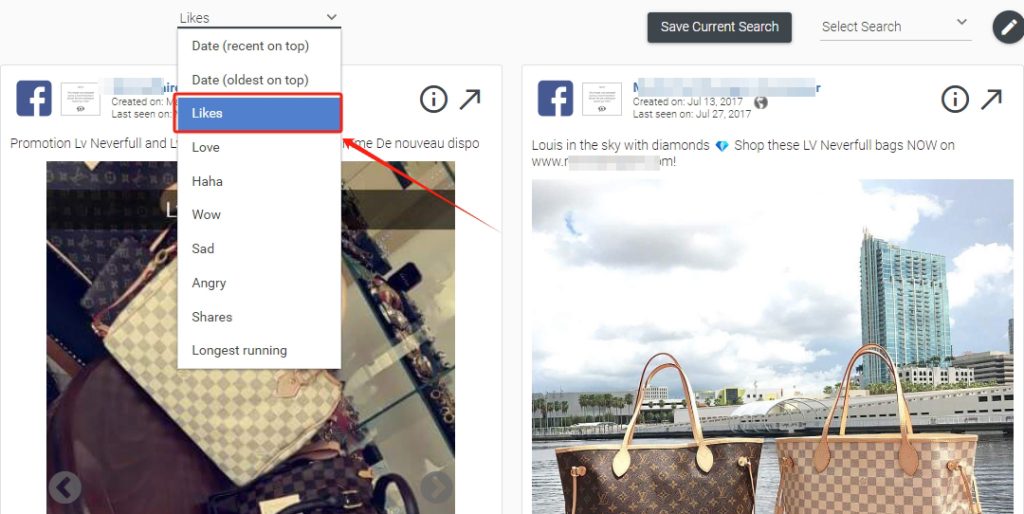
4) Reference and Spy Techniques
-
Open ad detail pages in new tabs instead of clicking directly. This avoids ADSPY resetting your search results when returning to the main interface.

-
Analyze competitors’ ad copy, landing pages, and audience settings:
-
Text ads: reference ideas but never copy directly.
-
Video ads: download for reference, but always re-edit and remove duplicates.
-
-
Apply differentiation to text, images, and videos before running your own ads, or Facebook will flag and remove them quickly.

Conclusion
ADSPY is a simple tool. There’s no need for long-winded tutorials or theoretical explanations. Practical usage is straightforward: focus on keywords, weak filtering, sorting, and reference techniques. Skip the fluff and get straight to actionable insights.
 Custom E-commerce Solutions for High-Quality Designer-Inspired Fashion Replicas | Website Development, Dropshipping, Payment Integration for PayPal and Stripe, Ad Cloaking Services
Custom E-commerce Solutions for High-Quality Designer-Inspired Fashion Replicas | Website Development, Dropshipping, Payment Integration for PayPal and Stripe, Ad Cloaking Services
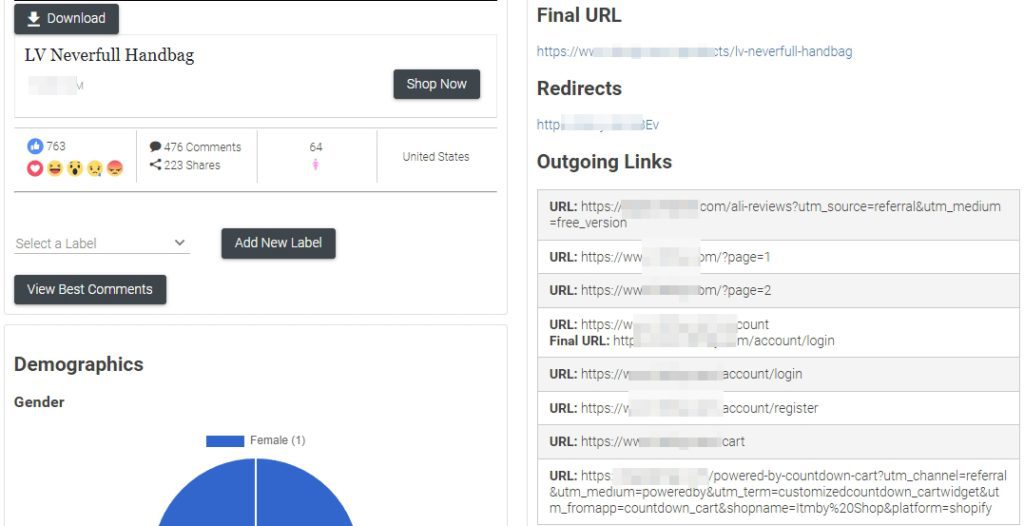




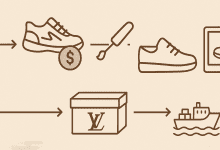












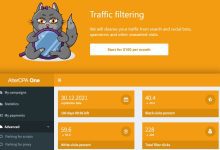





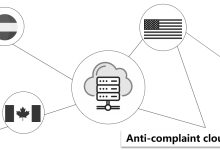




![5 Best WordPress Themes for Replica Product International Trade Websites [Recommended]-Custom E-commerce Solutions for High-Quality Designer-Inspired Fashion Replicas | Website Development, Dropshipping, Payment Integration for PayPal and Stripe, Ad Cloaking Services](https://replicasmaster.com/wp-content/uploads/2025/06/1-1-220x150.jpg)
